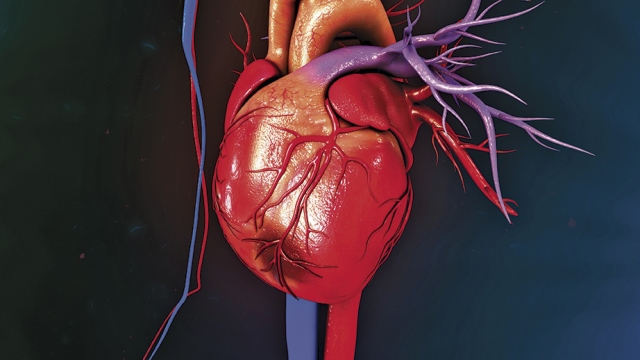Heart disease in young adults and teenagers may be related to exposure to diabetes in the womb, according to new research published in CMAJ (Canadian Medical Association Journal).
A study of young adults and teenagers in Manitoba, Canada, whose mothers had diabetes during their pregnancies found the offspring had a 50 to 200 per cent higher risk of developing heart disease before age 35 than those who were not exposed in the womb.
“These observations support our hypothesis that cardiovascular disease morbidity in adolescence and early adulthood is related to exposure to maternal diabetes in utero,” writes Dr. Jonathan McGavock, Children’s Hospital Research Institute of Manitoba and Associate Professor at the University of Manitoba, Winnipeg, Manitoba, with coauthors.
Researchers looked at data on more than 290 000 children born to almost 190 000 mothers in Manitoba between 1979 and 2005. Of the total children, 2.8 per cent were exposed to gestational diabetes and 1.1 per cent to pre-existing type 2 diabetes. Exposure to both types of diabetes became more common during the study period, a trend seen elsewhere in the world.
The three most frequent diagnoses among offspring exposed to diabetes were high blood pressure (8713 people), type 2 diabetes (3568 people) and ischemic heart disease (715).
“Using data for nearly all children born in Manitoba over a period of 30 years, we found that children born to mothers with diabetes in pregnancy were 30%–80% more likely to develop a heart condition and 2.0 to 3.4 times more likely to develop a heart disease risk factor (e.g., high blood pressure, diabetes) than children born to mothers without diabetes in pregnancy,” says Dr. McGavock.
Furthermore, heart conditions and risk factors were diagnosed 2 years earlier in the children exposed to diabetes in the womb.
Previous studies have documented the increased risk of type 2 diabetes, but not cardiovascular disease, from in utero exposure to diabetes.
The authors suggest these findings may be useful for preventive health practices.
“Screening children with in utero exposure to diabetes for cardiovascular disease risk factors might help to evaluate the future burden related to cardiovascular disease in the population,” the authors conclude.
“Intrauterine exposure to diabetes and risk of cardiovascular disease in adolescence and early adulthood: a population-based birth cohort study” is published September 28, 2020




